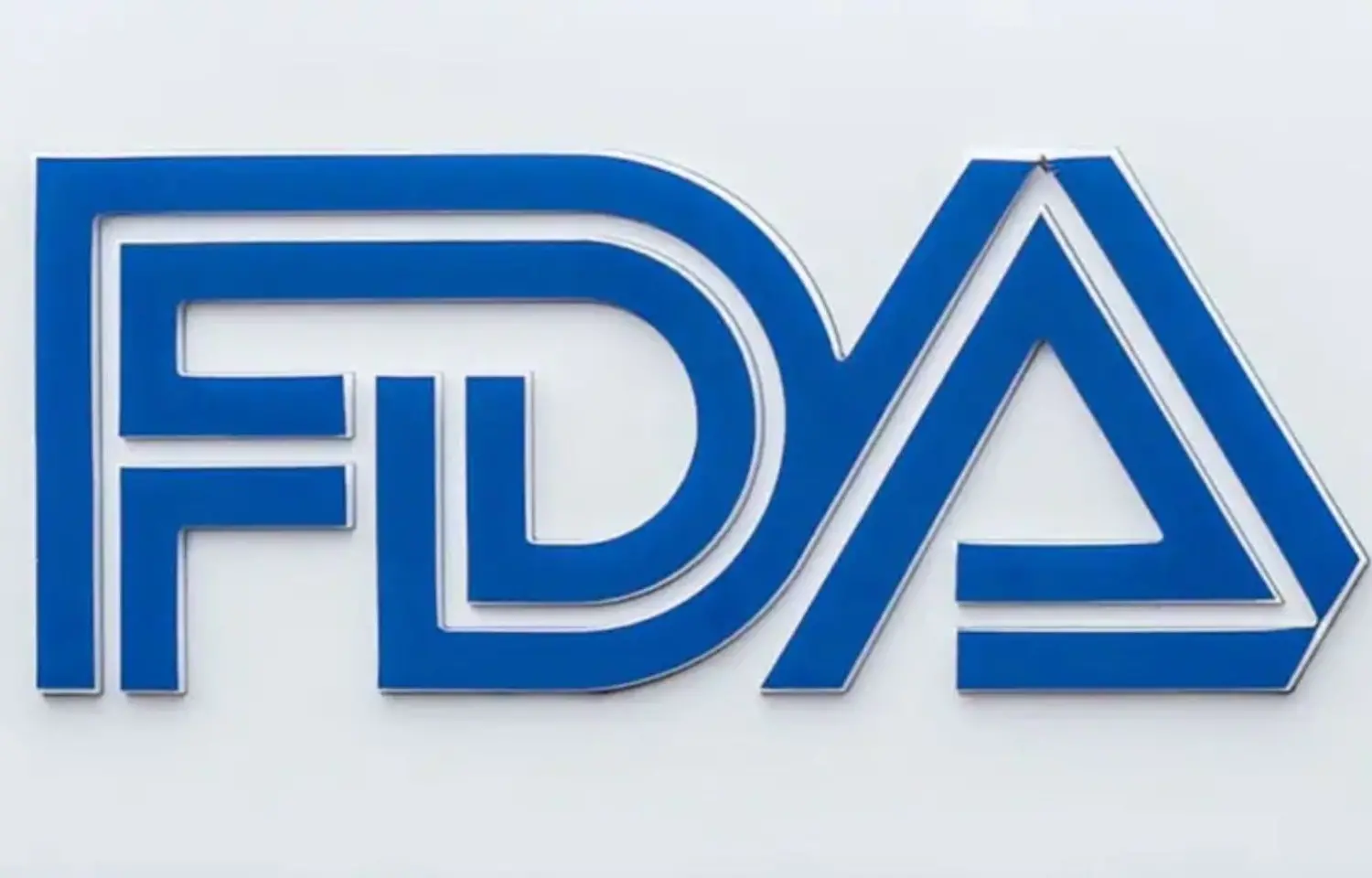- Home
- Medical news & Guidelines
- Anesthesiology
- Cardiology and CTVS
- Critical Care
- Dentistry
- Dermatology
- Diabetes and Endocrinology
- ENT
- Gastroenterology
- Medicine
- Nephrology
- Neurology
- Obstretics-Gynaecology
- Oncology
- Ophthalmology
- Orthopaedics
- Pediatrics-Neonatology
- Psychiatry
- Pulmonology
- Radiology
- Surgery
- Urology
- Laboratory Medicine
- Diet
- Nursing
- Paramedical
- Physiotherapy
- Health news
- Fact Check
- Bone Health Fact Check
- Brain Health Fact Check
- Cancer Related Fact Check
- Child Care Fact Check
- Dental and oral health fact check
- Diabetes and metabolic health fact check
- Diet and Nutrition Fact Check
- Eye and ENT Care Fact Check
- Fitness fact check
- Gut health fact check
- Heart health fact check
- Kidney health fact check
- Medical education fact check
- Men's health fact check
- Respiratory fact check
- Skin and hair care fact check
- Vaccine and Immunization fact check
- Women's health fact check
- AYUSH
- State News
- Andaman and Nicobar Islands
- Andhra Pradesh
- Arunachal Pradesh
- Assam
- Bihar
- Chandigarh
- Chattisgarh
- Dadra and Nagar Haveli
- Daman and Diu
- Delhi
- Goa
- Gujarat
- Haryana
- Himachal Pradesh
- Jammu & Kashmir
- Jharkhand
- Karnataka
- Kerala
- Ladakh
- Lakshadweep
- Madhya Pradesh
- Maharashtra
- Manipur
- Meghalaya
- Mizoram
- Nagaland
- Odisha
- Puducherry
- Punjab
- Rajasthan
- Sikkim
- Tamil Nadu
- Telangana
- Tripura
- Uttar Pradesh
- Uttrakhand
- West Bengal
- Medical Education
- Industry
FDA approves evolocumab for pediatric patients

FDA has approved Repatha (evolocumab) injection as an add-on treatment to diet alone or together with certain other therapies for patients aged 10 years and older with heterozygous familial hypercholesterolemia (HeFH) and homozygous familial hypercholesterolemia (HoFH). Repatha works to reduce low-density lipoprotein cholesterol (LDL-C), known colloquially as "bad cholesterol."
FDA previously approved Repatha to reduce the risk of certain complications of cardiovascular disease in adults. The drug was also previously approved as an add-on therapy to reduce LDL-C cholesterol levels in adults with HeFH and patients with HoFH based on studies in adults and pediatric patients aged 13 and older.
Disease or Condition
HoFH and HeFH are rare, life-threatening conditions in which patients have mutations in a small group of genes that controls the way the body clears cholesterol. As a result, patients have extremely high levels of LDL-C.
HoFH involves two genetic mutations and is more severe and less common than HeFH. HoFH occurs in approximately 1 in 250,000 individuals and causes cholesterol levels to rise more than four times the normal level. Patients with HoFH can develop premature cardiovascular disease, including heart attack and heart disease, when they are teenagers or in their 20s. Many patients continue to have very high cholesterol levels even when treated with other cholesterol-lowering drugs.
HeFH involves one genetic mutation and occurs in approximately 1 in 250 individuals. People with HeFH generally have cholesterol levels two to three times higher than normal. Patients with HeFH are also at increased risk of cardiovascular events, such as heart attack, stroke, and coronary artery disease, but to a lesser extent than patients with HoFH.
Effectiveness
In one study of pediatric patients aged 10-17 years, clinical trial participants with HeFH receiving Repatha 420 mg monthly by subcutaneous (under-the-skin) injection for 24 weeks had an average 38% reduction in LDL-C compared with patients receiving placebo.
In another study of pediatric patients aged 11-17 years, clinical trial participants with HoFH receiving Repatha 420 mg monthly by subcutaneous injection for 80 weeks had an average 14% reduction in LDL-C compared to baseline.
Safety Information
Patients with a serious hypersensitivity reaction to evolocumab or its excipients must not take Repatha. If signs or symptoms of hypersensitivity occur, patients must stop treatment. Common side effects in pediatric patients include nasopharyngitis (cold), headache, oropharyngeal pain (sore throat) and upper respiratory tract infection.
Hina Zahid Joined Medical Dialogue in 2017 with a passion to work as a Reporter. She coordinates with various national and international journals and association and covers all the stories related to Medical guidelines, Medical Journals, rare medical surgeries as well as all the updates in the medical field. Email: editorial@medicaldialogues.in. Contact no. 011-43720751
Dr Kamal Kant Kohli-MBBS, DTCD- a chest specialist with more than 30 years of practice and a flair for writing clinical articles, Dr Kamal Kant Kohli joined Medical Dialogues as a Chief Editor of Medical News. Besides writing articles, as an editor, he proofreads and verifies all the medical content published on Medical Dialogues including those coming from journals, studies,medical conferences,guidelines etc. Email: drkohli@medicaldialogues.in. Contact no. 011-43720751


